The first episode of RAGNAROK is hugely promising, if not original. Mixing both Neil Gaiman’s superb AMERICAN GODS and David Lynch’s TWIN PEAKS together, screenwriter Adam Rice seeks to re-tell the mythology of the world’s ending in present day Norway. But within moments of the second episode it becomes clear that whatever RAGNAROK has going for it in mythos, it lacks both in pacing and writing. Only five episodes long, the season spends most of its time flirting with TWILIGHT-esque soap opera rather than the thrilling initial concept.
Upon returning to their childhood hometown of Edda, brothers Magne and Laurits discover not much has changed in their absence. Ruled through wealth and politics by the Jutul family, Edda survives through the existence of the massive factory employing most of the city. Initially reluctant, Magne soon makes friends with the outspoken Isolde as they bond over which is more disliked at school. But something is brewing under the surface, a power that Magne has buried within himself all his life. As the glaciers thaw faster than in hundreds of years, the balance of power sways for the first time.
There’s tons of potential in RAGNAROK. The initial TWIN PEAKS vibe is palpable for the first hour, and the picturesque village of Edda makes for a stunning location. While stoic to a fault on his own, Magne becomes a far more interesting character when paired with Isolde. While caricatures, the Jutul family are just enough of a mix between deliciously evil and hammy that they’re a joy to hate. By the first time we catch a glimpse of the larger world beyond the curtain, the show feels like it’s ready to kick into high gear.
And then nothing happens. The rest of the four episodes spend their time twiddling their thumbs in the face of epic fiction. An early murder mystery is all but waved off, while a daring sexual power play is briefly insinuated and then never heard of again. There’s a general sense of nobody having the faintest idea what this show wants to be. Instead the show settles for a little bit of everything, and the result is unbearably dull. Every answer is treated with baffling averageness, even as the show draws parallels between global warming and mythological cataclysms. Each revelation is dealt with banality, as if annoyed that it gets in the way of the teen drama. An early reveal of power ends up being the most thrilling scene in the series, and it happens during the first hour.
One of the best aspects in AMERICAN GODS was figuring out who represented what god. RAGNAROK borrows much of the same concept, and it’s fairly easy to pinpoint who’s who behind the masks. One character even dresses like a fan favorite from Marvel to the point it feels almost too on the nose. Despite the initial footwork, nothing comes of this tantalizing tease. In five hours the show barely sets up a conflict, let alone a universe that we should care about. While intentionally a small town, the characters are so thin it feels more deserted than it should.
RAGNAROK is aggravating because when it works, the storytelling soars. Magne’s journey of self-discovery told through high school has yet to meet a trope it didn’t love, but it’s thanks to a game performance by David Stakston that it works. Playing his brother Jonas Strand Gravli, looking like a Norwegian Michael J. Fox, who seems to be having a great time letting loose as the designated troublemaker of the family. Elsewhere Synnøve Macody Lund and Gisli Gardarsson bring scenery chewing gravitas to the heads of the Jutul family. The core dynamic between the two families is treasure trove of unmined potential, mostly left unexplored by the series.
In the end it leaves just enough of a promise that future seasons might actually pick up the pace. But even then RAGNAROK is hard to recommend except to the most die hard of YA fanatics.
At least it’s a short season. There’s always that.



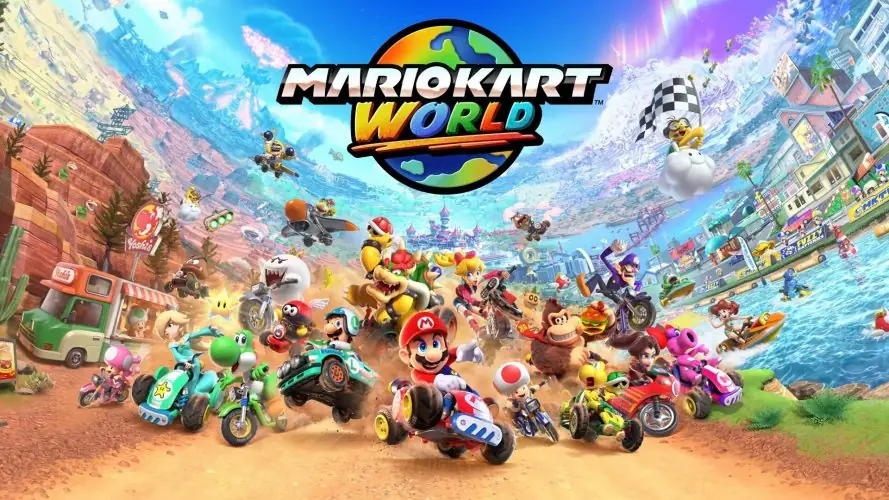
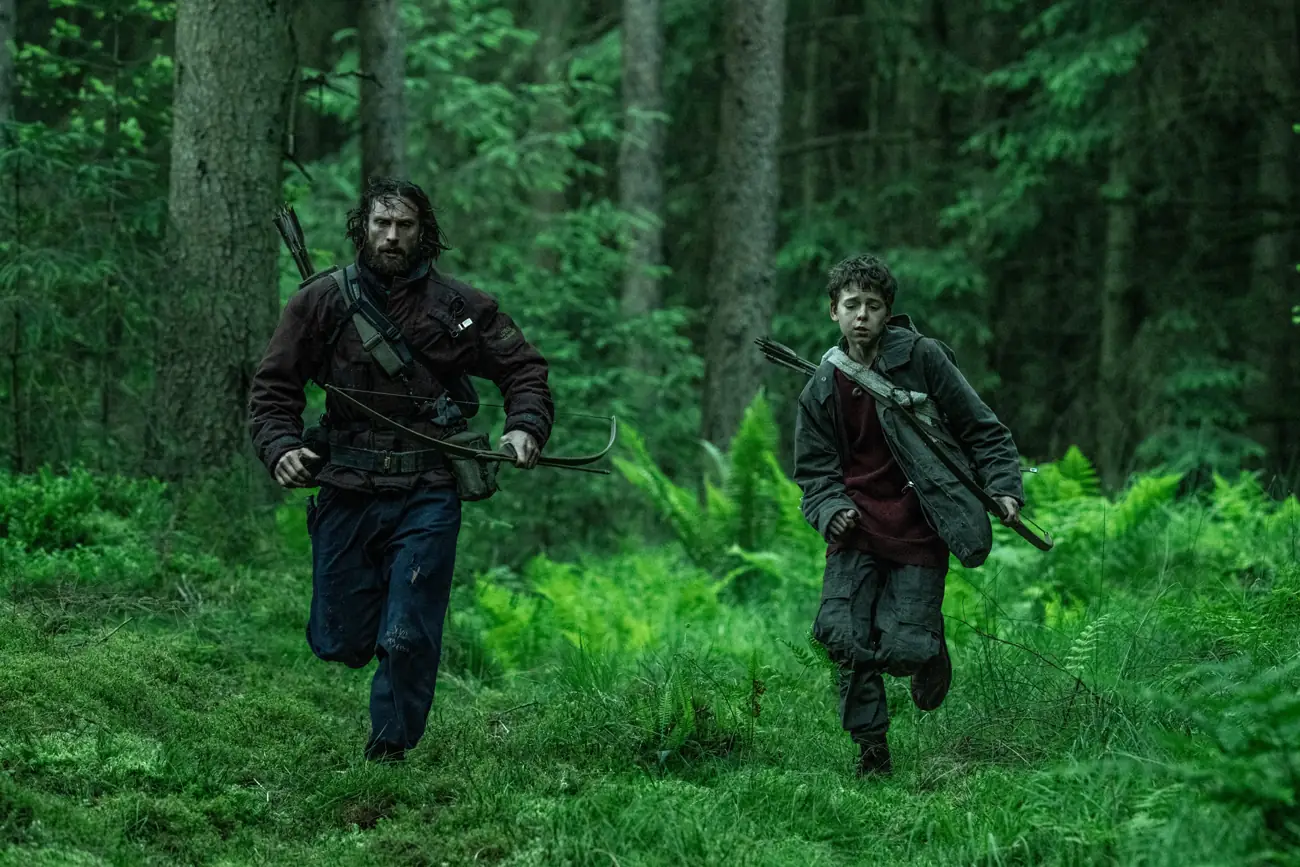
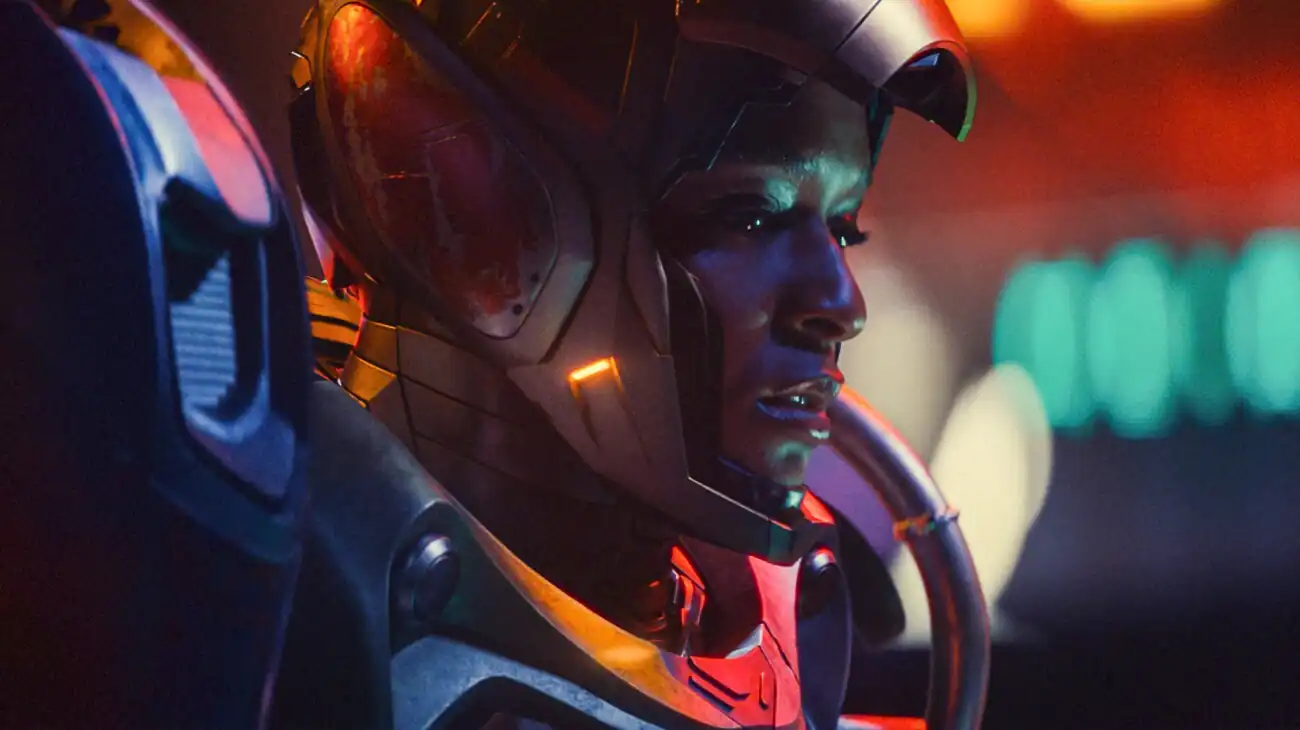

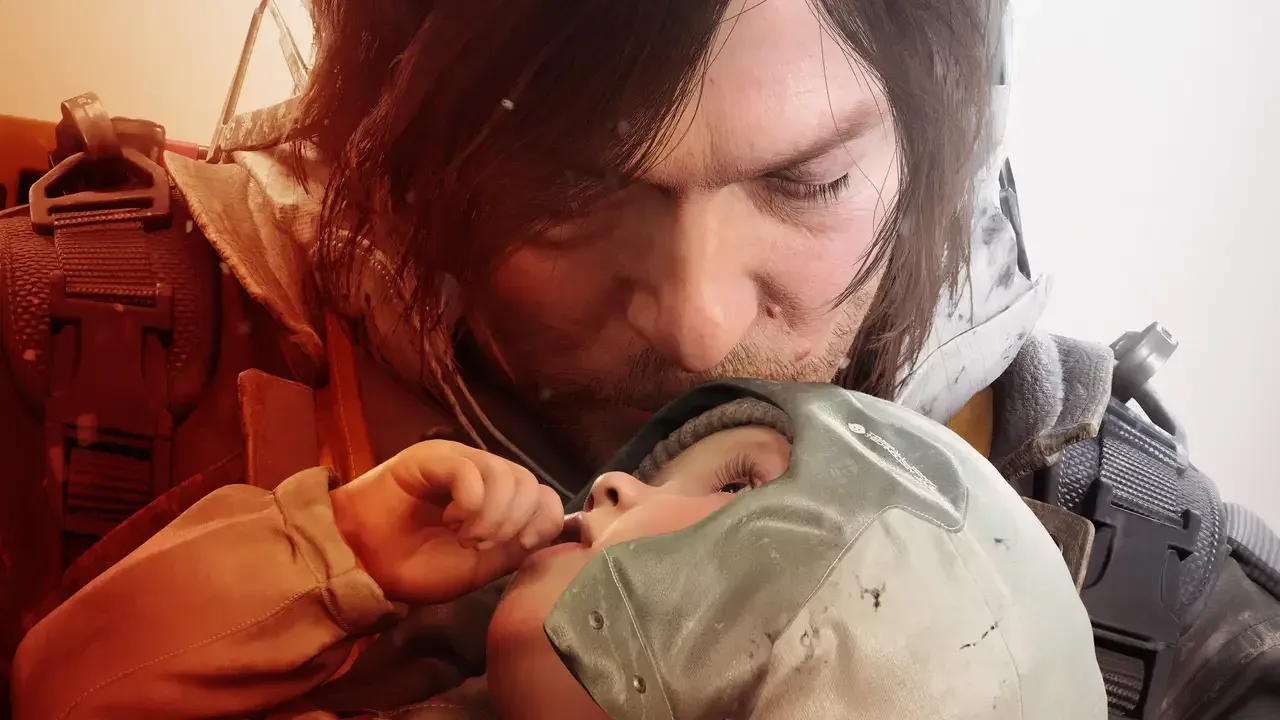
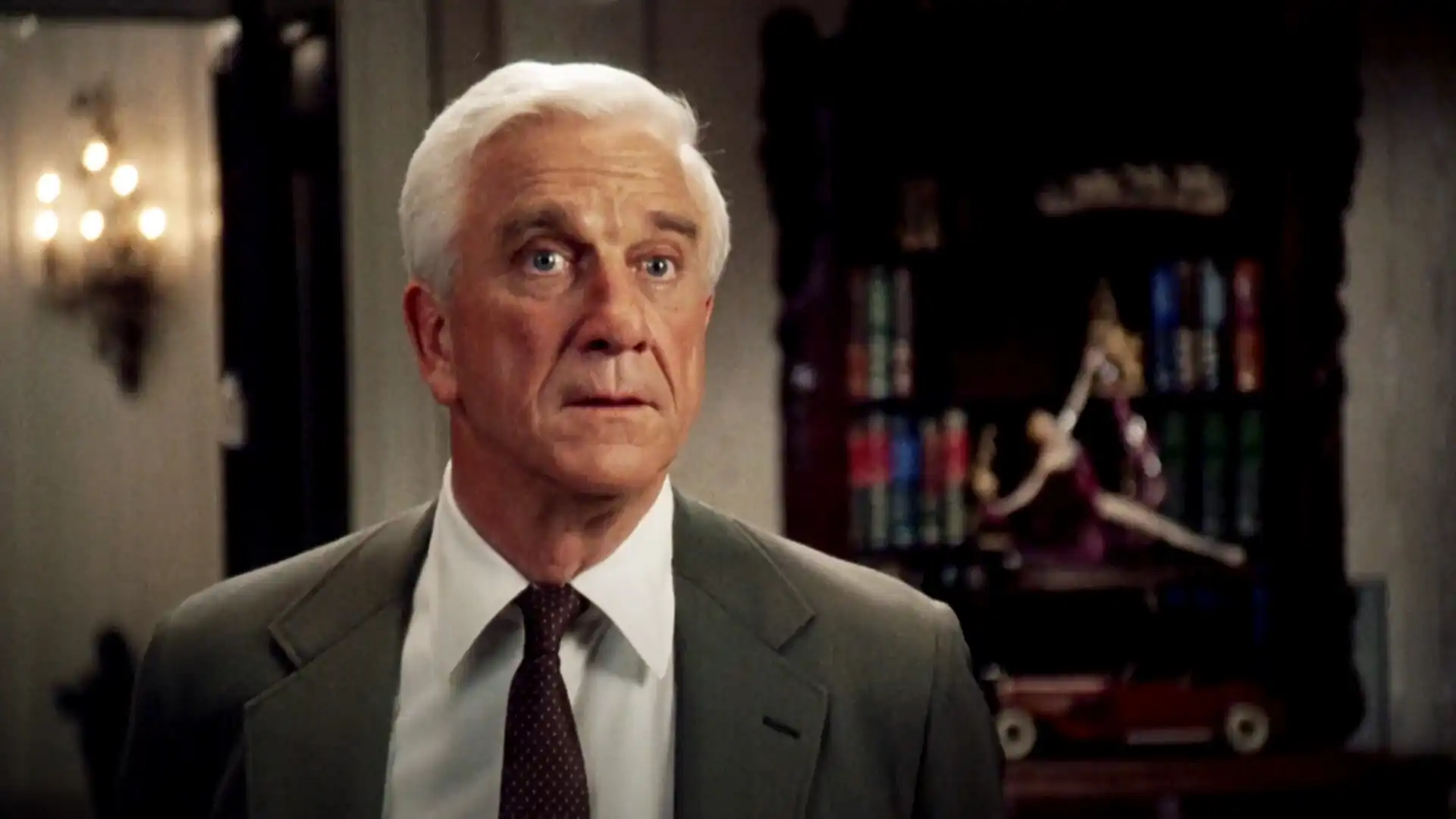
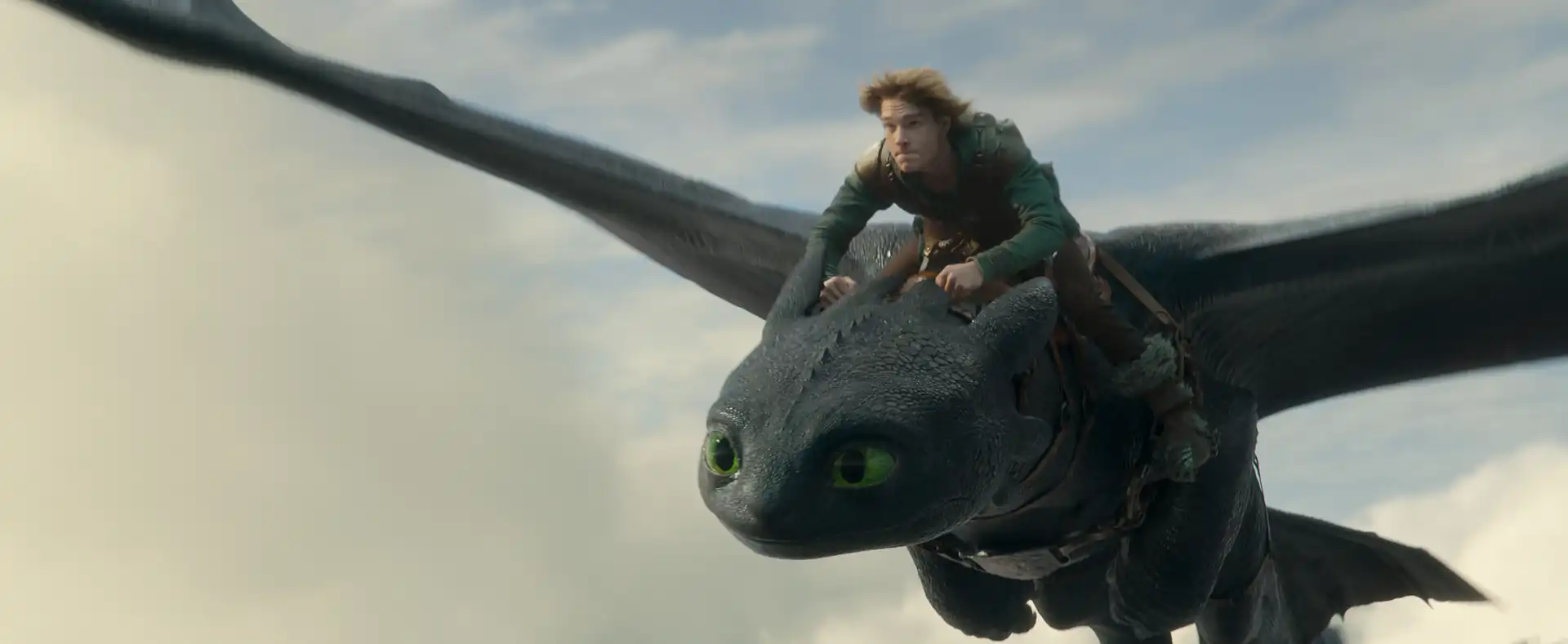

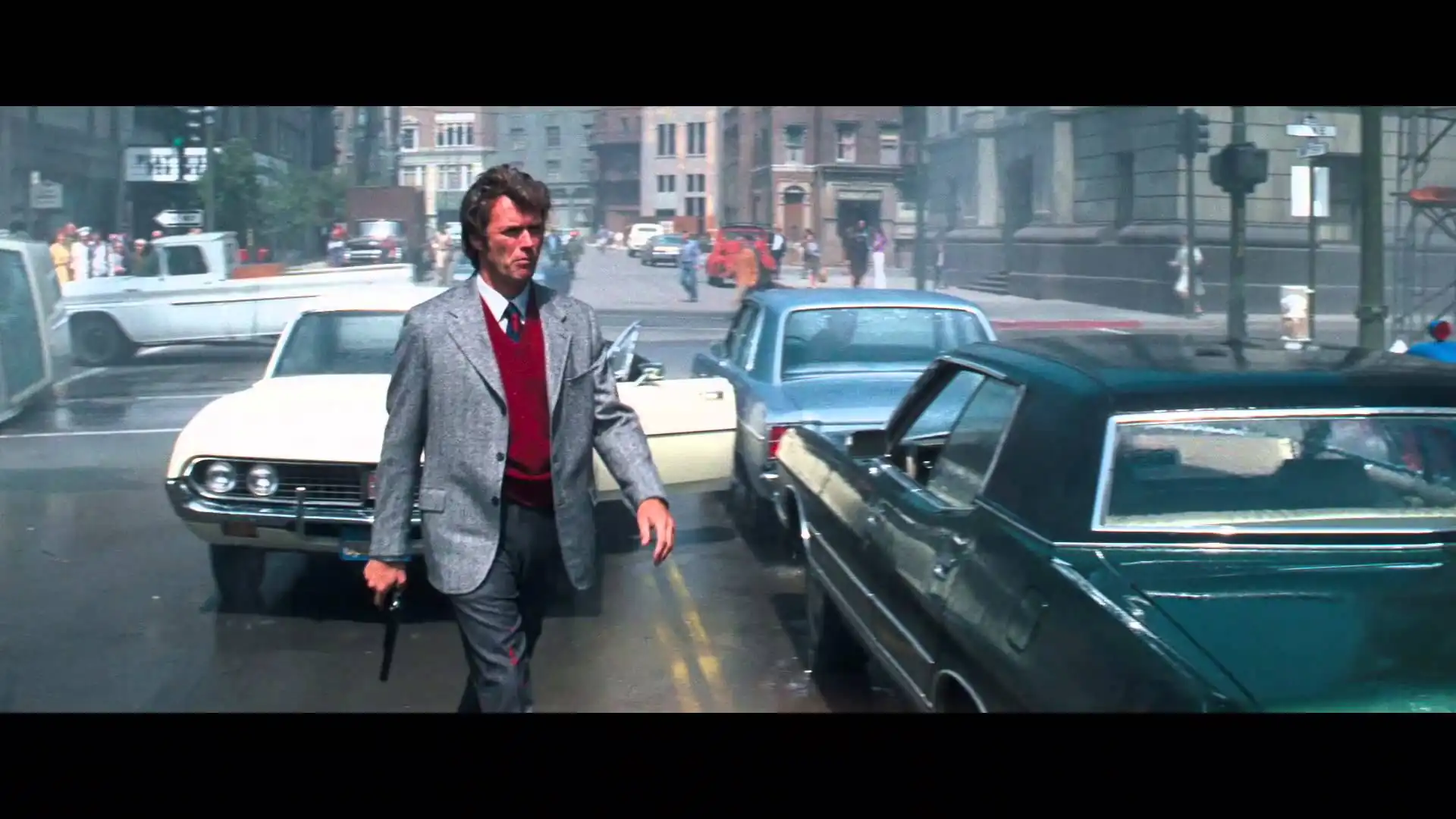

Discussion